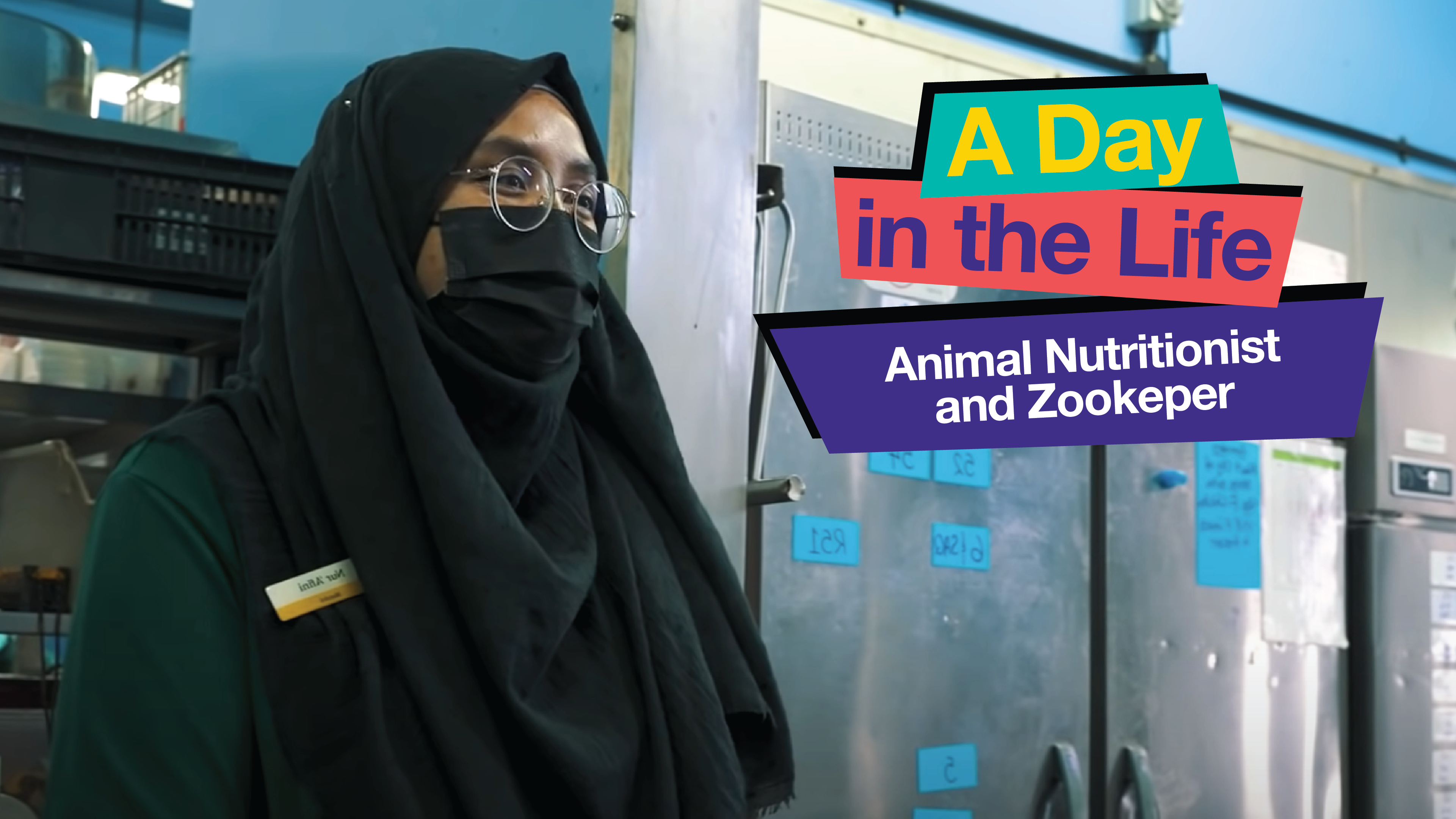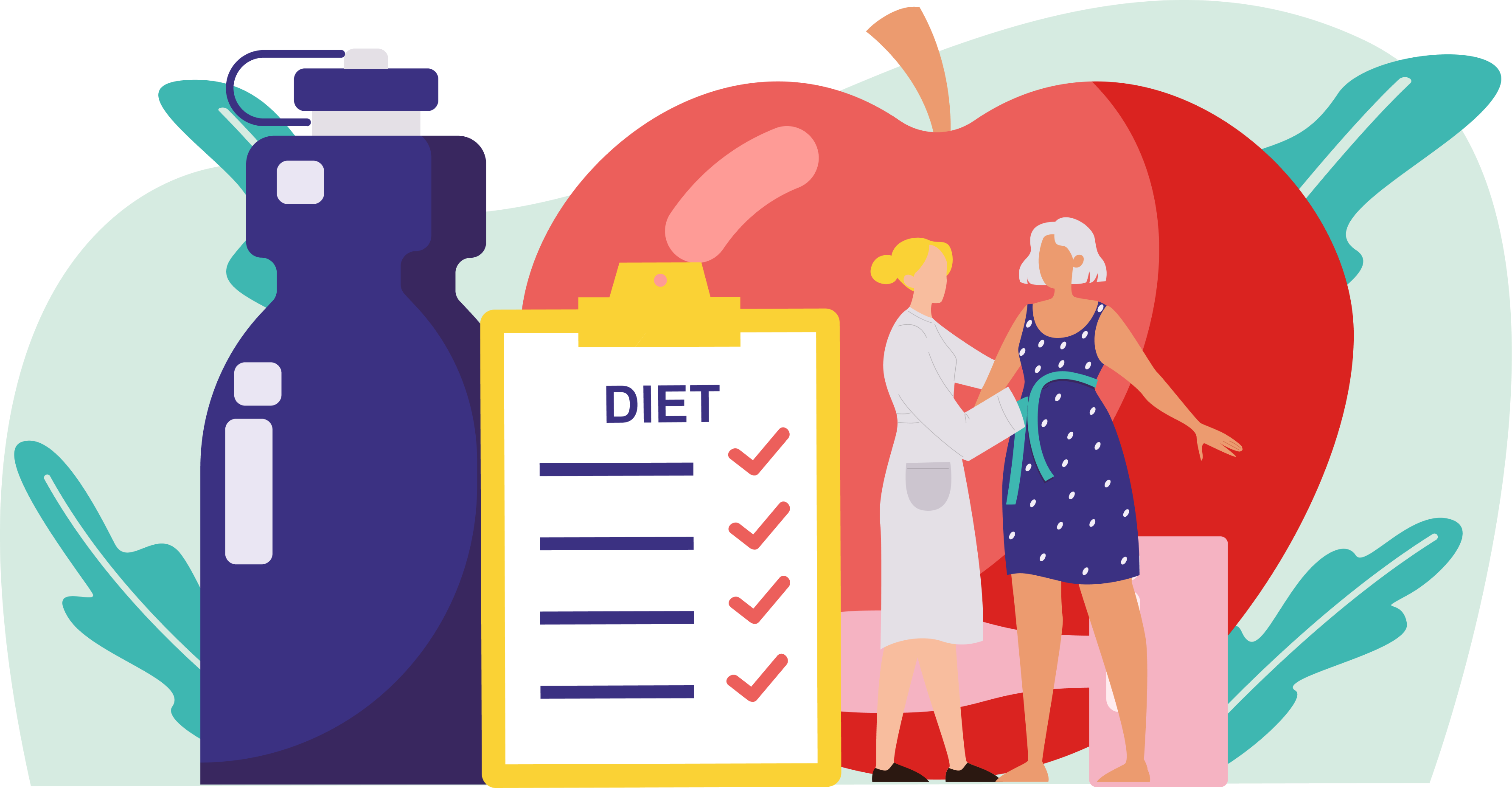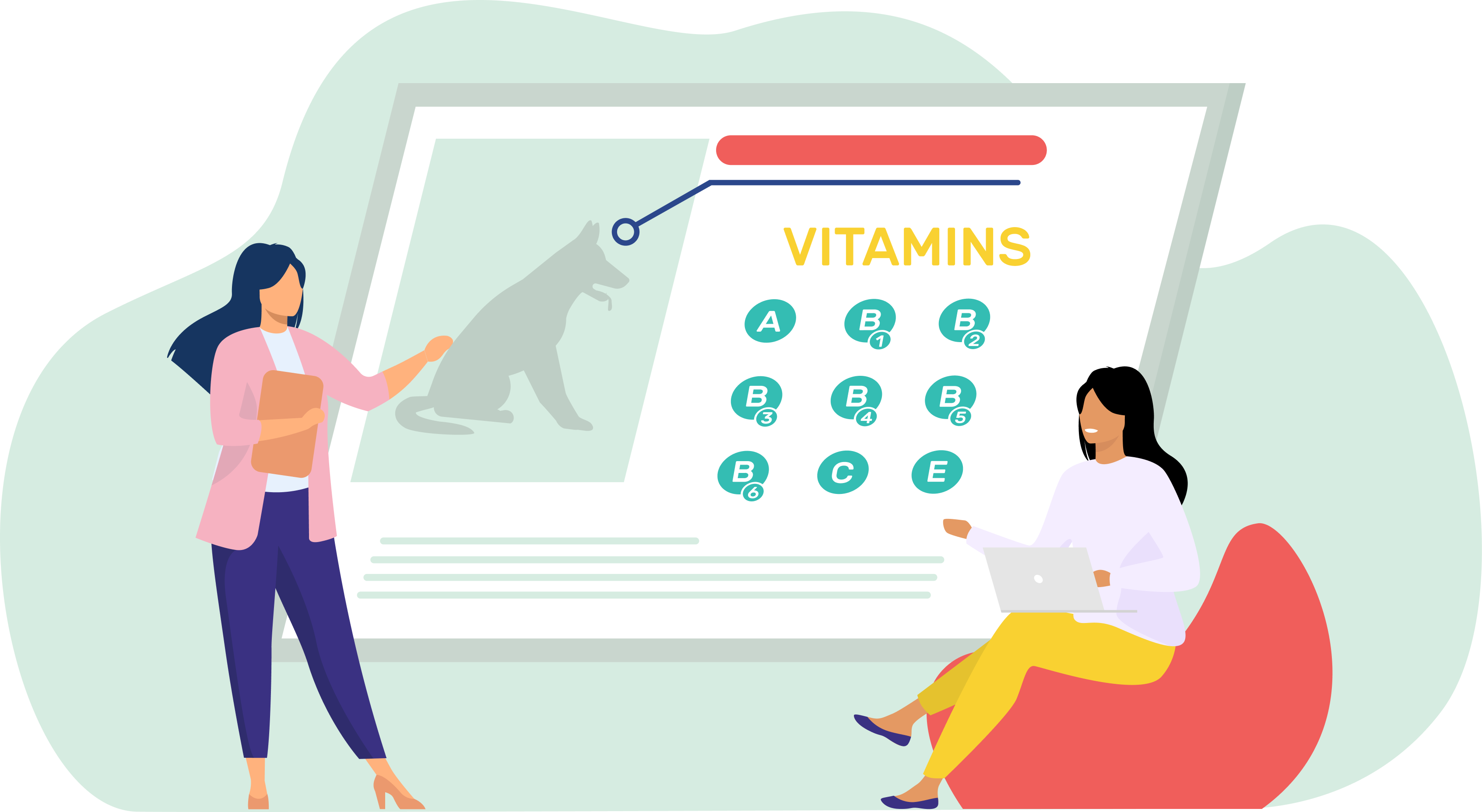
Animal Nutritionists create and balance food rations so that animals' dietary needs are met under their supervision. They develop dietary strategies and supplements to enhance the health of animals.
Animal Nutritionist Job Description
- Review the individual nutritional needs of different species.
- Assess and formulate balanced food rations to meet the nutritional, and caloric requirements based on an animal’s physical activity and condition.
- Determine adjustments that should be made to an animal’s diet.
- Collaborate with Veterinarians and other Animal Care professionals on research or teaching activities.
- Conduct research studies to explore new trends and developments in animal nutrition.
- Provide nutritional counselling and guidance to animal owners or Caregivers.
- Develop educational materials and training programs related to animal nutrition for Veterinary professionals or animal Caregivers.
Note
Just like humans, animals can also contract diseases such as diabetes and weight problems. Animal Nutritionists recreate diets that include the essential nutrients that prevent such issues from occurring!
What you should know about Animal Nutritionist jobs in Singapore
Nature of Work
You will work with all sorts of animals, ranging from small fish in someone’s home aquarium to lions in public zoos.Key Advice
You need to be flexible in curating lifestyles and nutritional plans for all sorts of animals, each with their respective requirements.-
Entry RequirementsEntry Requirements
- Minimally, a bachelor's degree in Life Sciences is usually required for entry-level Animal Nutritionists.
- Animal Nutritionists may hold degrees in various fields, such as Animal Science, Biology and Biochemistry. A master's or Ph.D. degrees are generally required for research and teaching positions.
- Practical experience with animals and understanding their dietary needs can be gained through internships or work placements.
- Registration or licensure with the Singapore Veterinary Association or equivalent regulatory body is essential.
-
Possible PathwayPossible Pathway
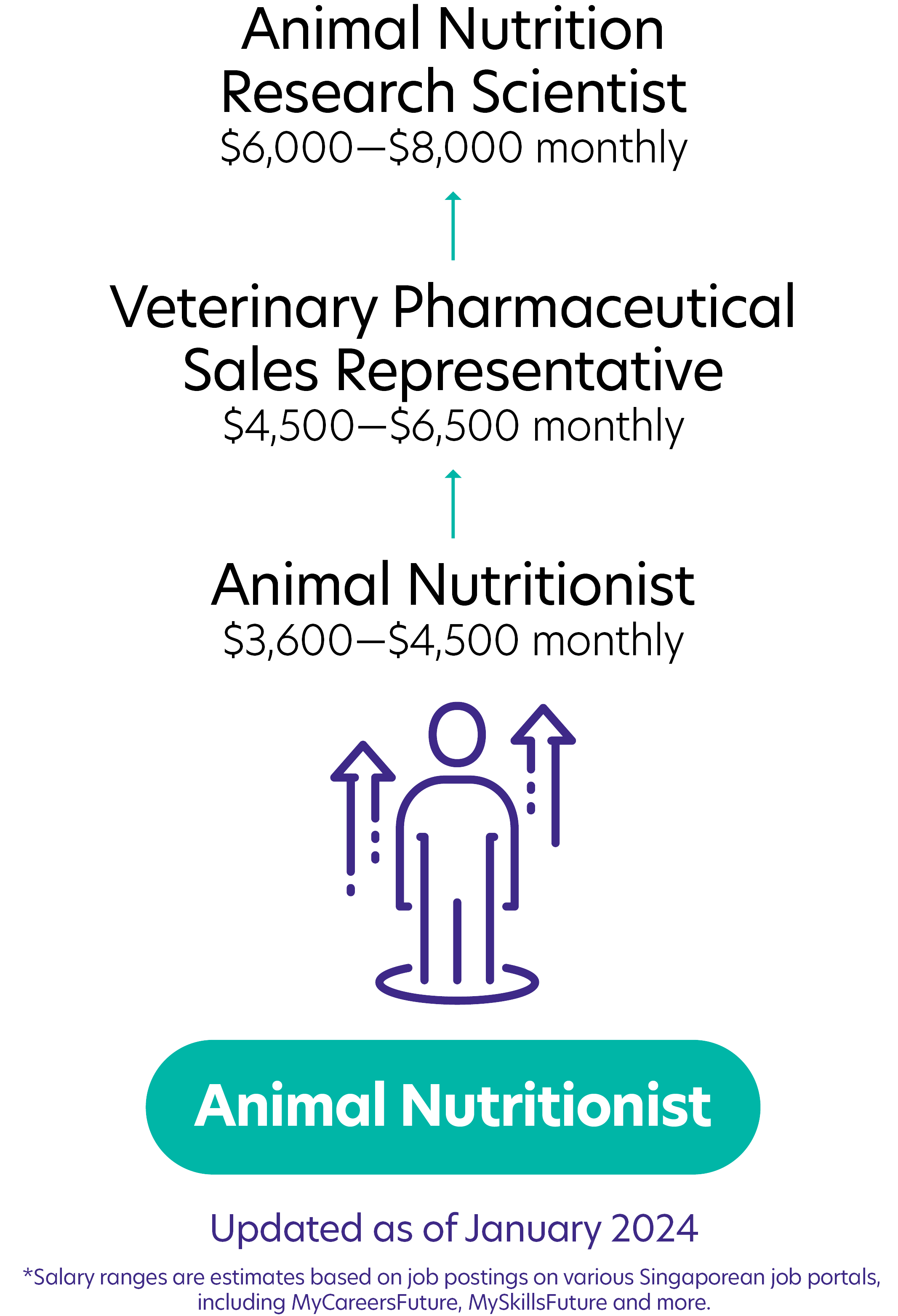
Skills you need to pursue an Animal Nutritionist career in Singapore
Mathematics
Proficient in calculating and measuring portions for animal diets.Knowledge of Animals
Deep understanding of the Physiology and behaviours of different kinds of animals for optimal care.Food Science Knowledge
Possesses keen insights into how food and nutrition affect overall animal health and well-being.Communication
Proficiency in effectively sharing findings and collaborating with stakeholders.Critical Thinking
Ability to solve complex nutritional demands of various kinds of animals.Collaboration
Capability to work with owners, Researchers, and other Caretakers to improve animal health and welfare.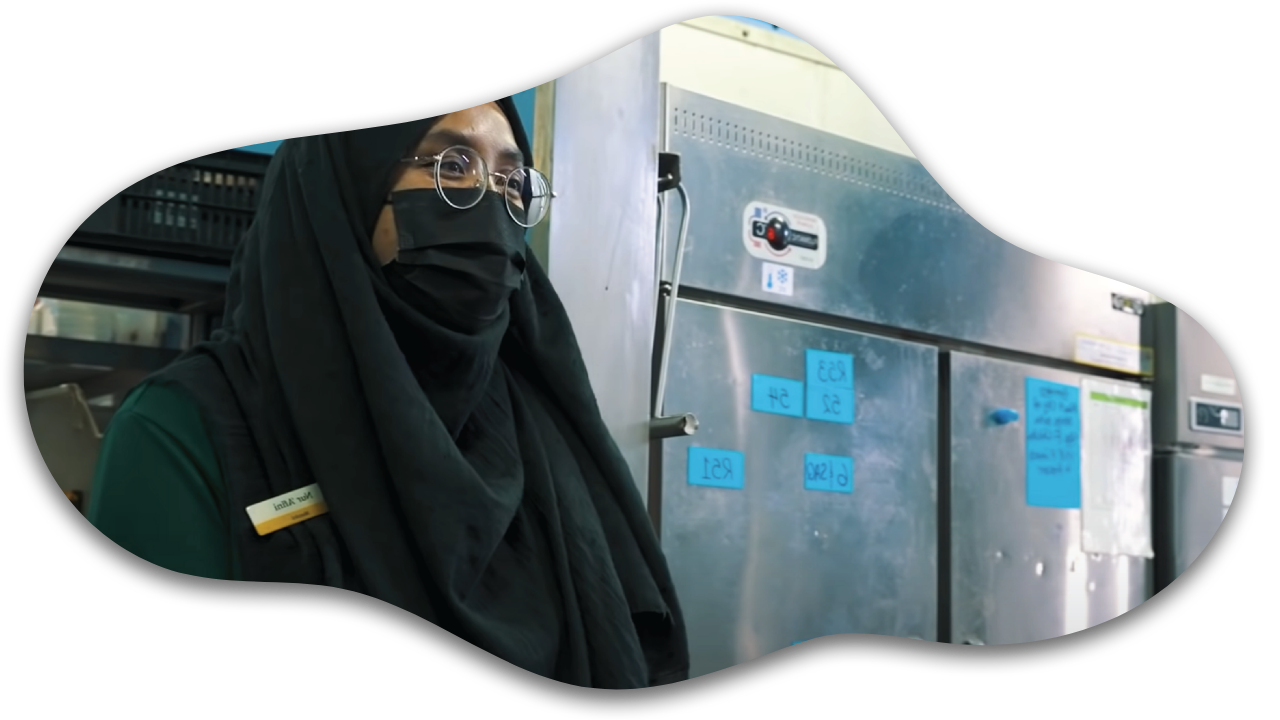
“In the end, I can contribute to the animals’ welfare by ensuring they get their nutritional needs.”
Lixian, Zookeeper
Related Job Roles
Explore Other Programmes
Browse AllYou have bookmarked your first item!
Find it in My Discoveries with insights on your interests!

